Built in partnership with Messe Düsseldorf and Energy Storage Europe, pv magazine’s annual Energy Storage Highlights 2020 special edition is hot off the press. Join us to celebrate this year’s top five awardees at our Insight panel session with discussion among our Gigawatt winners and panel of expert jurors.
Introducing our fifth Gigawatt Winner…
Areva H2Gen
Highly dynamic electrolyzer provides control power
While unlikely to stand out visibly in the Hoechst industrial park near Frankfurt, Germany – where pipes, valves, and pressure vessels are commonplace – the new Areva H2Gen project for hydrogen production and grid stabilization surely has the attention of jurors. As part of the MethQuest research project, the company’s solution shows promise for a new direction in the development of large-scale proton exchange membrane (PEM) electrolysis. Areva H2Gen and project partners are developing a PEM electrolysis system with 1 MW nominal power and an overload capacity of 100% – thus capable of temporarily operating at 200% – to deliver frequency containment reserve (FCR) with the overload power.
According to rough cost estimates by project manager Lucas Busemeyer, Areva H2Gen hopes its technology will provide hydrogen for €3.60 per kilogram, including electricity costs at €0.05 per kilowatt-hour without FCR. However, this would require near full utilization of the device, at 8,000 hours per year over a 20 year duration. In order to do so, it must accompany renewables with operating grid power.
pv magazine Storage Highlights Ceremony
Now as a Webinar!
You are invited to join us online for the pv magazine Storage Highlights Ceremony on March 11, 10am – 11:30am (CET)!
The Energy Storage Europe Düsseldorf has been postponed indefinitely due to Coronavirus. Consequently, we will not be able to host our Insight event live onsite. However, in the age of digitalization we will host the Storage Highlights Ceremony as a webinar.
The five Gigawatt Winners will pitch their winning applications to the expert jury panel with a subsequent discussion by the independent leading analysts.
To open up new revenue streams, Areva intends to bring its device to the market for FCR, which would also provide flexibility to support the integration of renewable energy.
The challenge to accomplish this is that the electrolyzer must not only be able to run temporarily with twice the nominal output, but it must also be able to run with only 250 kW – without premature damage or aging. If accomplished, this wouldn’t increase investment costs by more than 20% compared to a standard system, explains Busemeyer. He expects that the additional revenue would translate to a three-to- five year payoff. When cross-financing the hydrogen production with FCR, the price of hydrogen would lower even further to approximately €3.45 per kg.
Jury Comment
Xavier Daval: “The solution can deliver FCR and grid stabilization. Once the energy is converted to hydrogen, it can be used for multiple applications such as mobility or industry.”
Jurors
This content is protected by copyright and may not be reused. If you want to cooperate with us and would like to reuse some of our content, please contact: editors@pv-magazine.com.
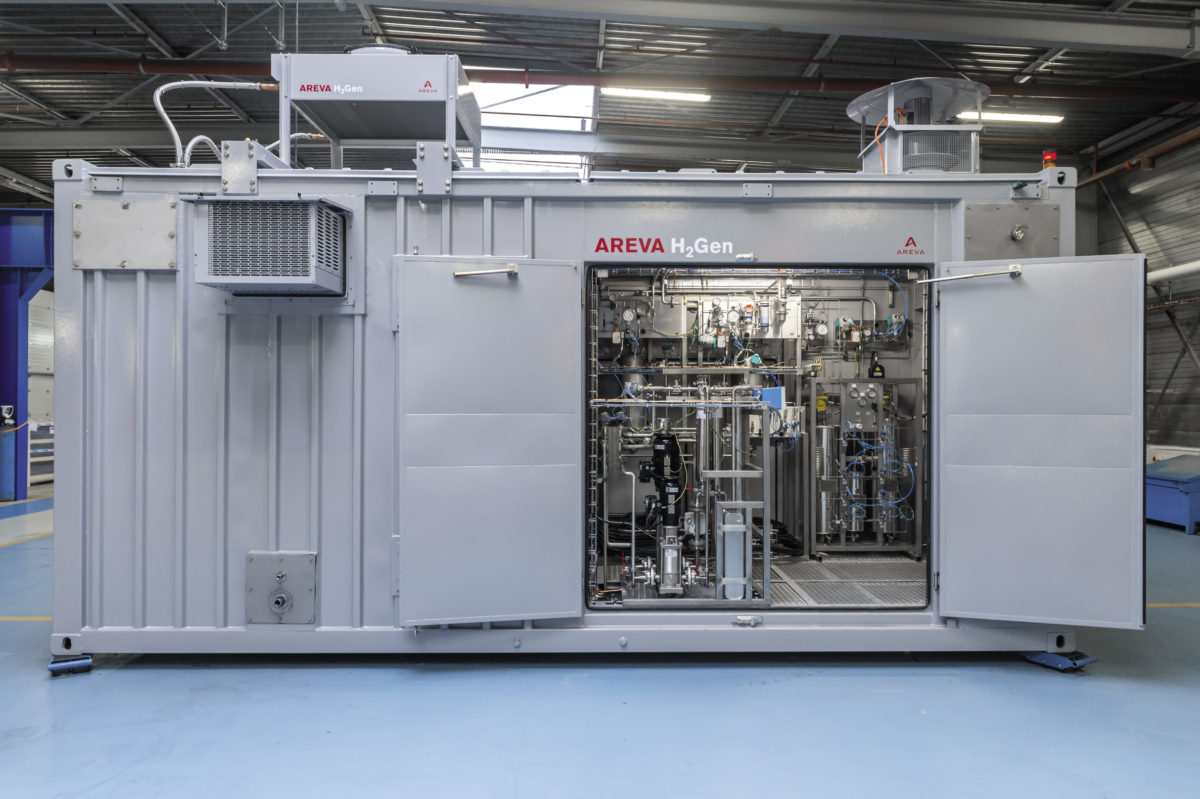
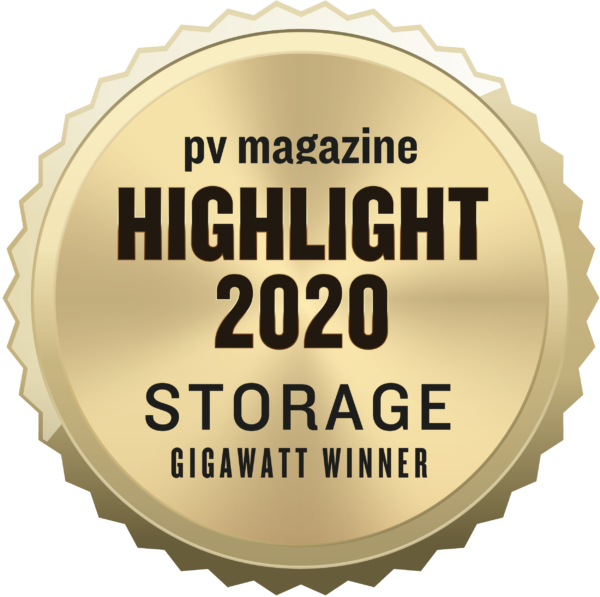
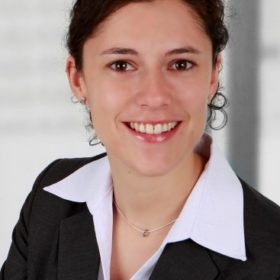
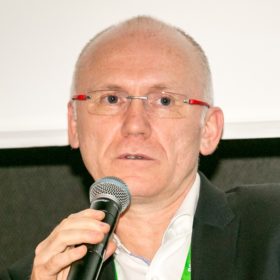




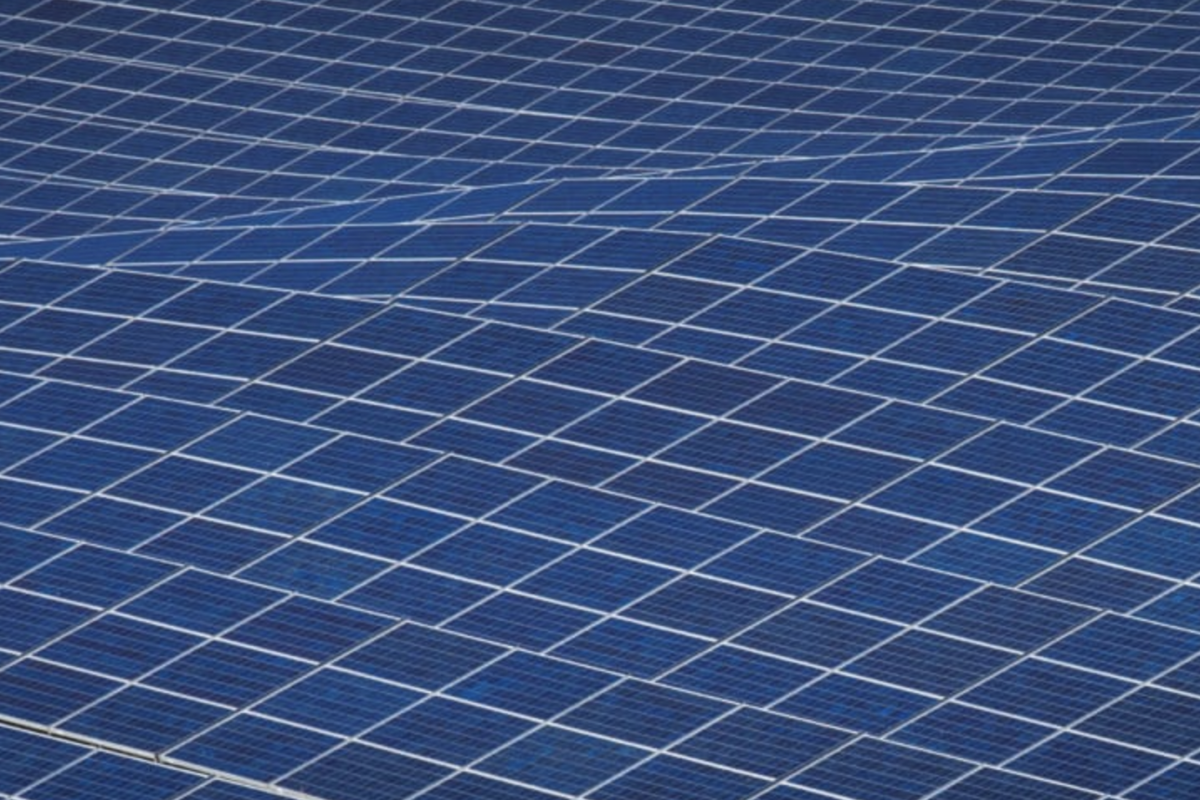

By submitting this form you agree to pv magazine using your data for the purposes of publishing your comment.
Your personal data will only be disclosed or otherwise transmitted to third parties for the purposes of spam filtering or if this is necessary for technical maintenance of the website. Any other transfer to third parties will not take place unless this is justified on the basis of applicable data protection regulations or if pv magazine is legally obliged to do so.
You may revoke this consent at any time with effect for the future, in which case your personal data will be deleted immediately. Otherwise, your data will be deleted if pv magazine has processed your request or the purpose of data storage is fulfilled.
Further information on data privacy can be found in our Data Protection Policy.